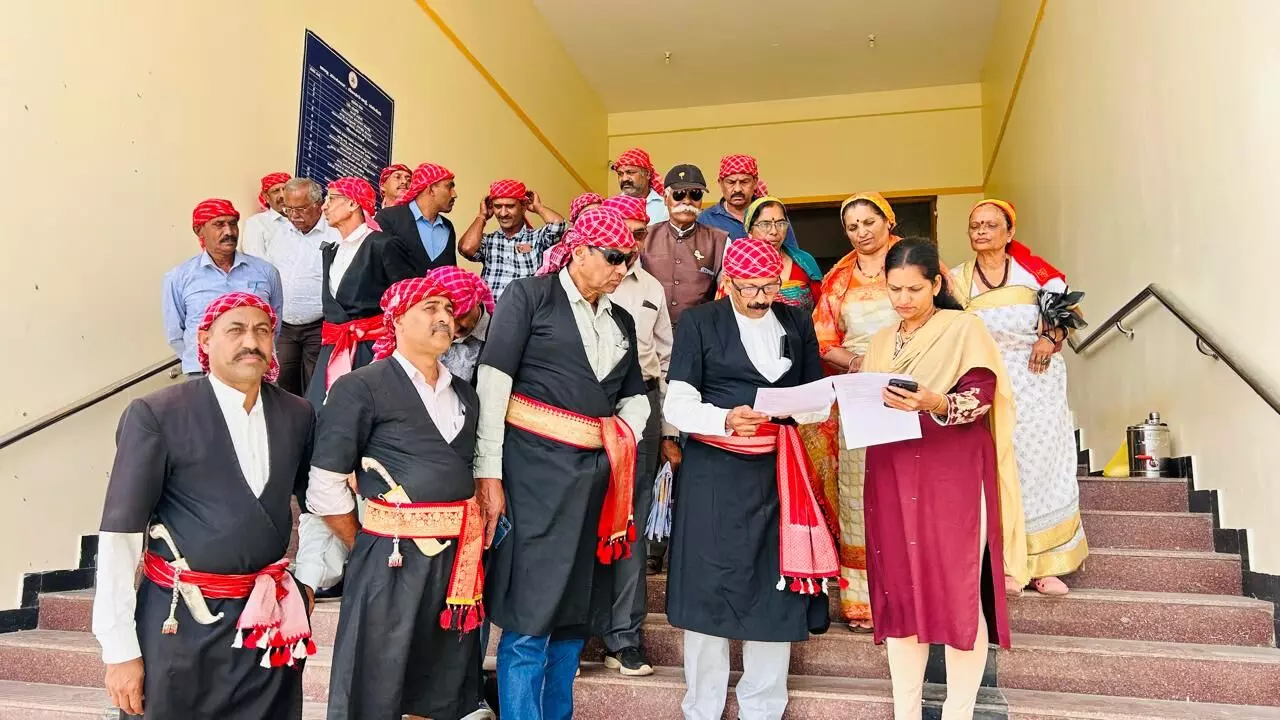Beneath Kodagu's Canopy: Codava Council's Sathyagraha Revives Cry for Autonomy, Echoing Unheeded Promises of 1956
As the Codava National Council marks 35 years of advocacy with a Delhi Sathyagraha, it spotlights the erosion of indigenous rights in post-merger Kodagu
image for illustrative purpose

As the Codava National Council marks 35 years of advocacy with a Delhi Sathyagraha, it spotlights the erosion of indigenous rights in post-merger Kodagu—demanding Sixth Schedule autonomy, ST status, and Cauvery's "personhood" amid resource exploitation and cultural dilution. Backed by Dr. Subramanian Swamy's PIL, the charter invokes UN norms to reclaim a self-reliant heritage.
The Codava National Council's 35-year odyssey for "Codavaland" autonomy finds fresh resolve. Their recent Sathyagraha in New Delhi, a tapestry of traditional attire and unyielding chants led by N.U. Nachappa Codava and stalwarts like Smt. Muddiyada Leelavathi and Mandapanda Manoj, isn't mere protest—it's a constitutional reckoning, threading the community's mono-ethnic animism against the grain of Karnataka's centralizing tide.
The narrative arcs back to November 1, 1956, when the States Reorganization Act folded the economically sovereign Part 'C' State of Coorg into "Vishal Mysore," pledging protections via the Seventh Amendment. The Supreme Court's December 11, 2023, Article 370 verdict lauded Coorg's self-sufficiency—a outlier amid grant-dependent peers—yet CNC decries the betrayal: plains administrators as "occupational forces," enacting xeno-centric policies that flood Kodagu with outsiders, plunder its flora and minerals, and choke its waters into drought and deluge. "They pillaged our trust, turning sacred groves into colonies," laments a participant, echoing the charter's indictment of land reforms as "criminal breaches."
Bolstered by Dr. Subramanian Swamy's WP (PIL) No. 7769/2023 in Karnataka High Court, CNC aligns with UN self-determination covenants, positioning Codavas—aboriginal animists venerating ancestors, sunlit rivers, and the "Sacrament Tok-Gun"—as rightful heirs to internal self-rule. The 10 demands, a bulwark under Articles 244 and 371, mirror Northeast's 10 autonomous councils: geo-political autonomy for 45 ancient nadus; ST inclusion, fortified by SC's August 12, 2025, ethnological ruling; Codava Thakk's Eighth Schedule entry; UNESCO nod for folkloric rites; Cauvery's "Living Entity" status per Helsinki Rules, claiming its 200 TMC bounty; memorials at Madikeri Fort for Codava valour and genocides, UN-listed like Holocaust sites; ILP against demographic erasure; virtual constituencies akin to Sikkim's Sangha; and ancestral land restitution via UN indigenous laws.
Post-Sathyagraha, memorandums winged to Rashtrapati Bhavan and UN corridors via local satraps, urging a Codava census column in 2026-27—reviving 1871-1931 enumerations as a casteless ethnicity, per Lingaraja's 18th-century Hukumnama. As Nachappa invokes, "Our nature-bound spirituality demands equity, not erasure." In India's asymmetric federalism, Kodagu's plea tests the republic's pluralism: will it honor Coorg's martial legacy and verdant autonomy, or let the hills echo unanswered? Nachappa queried.

